The Boston Real Estate Landscape: A Closer Look at the Proposed 2% Transfer Tax

The proposed home rule petition seeks to add a real estate transfer fee for property sales exceeding $2 million, with the proceeds directed toward a neighborhood housing trust. However, this proposal continues to face resistance from industry groups. As a real estate broker with Digital Realty, I believe it's essential to delve into the nuances of this proposed tax and its potential impact on Boston's real estate market.
Affordable Housing Crisis in Boston
The heart of the matter lies in Boston's pressing need for affordable housing. Statistics cited by Mayor Wu reveal the depth of the issue: approximately 50% of renters and over 40% of households in Boston are cost-burdened, meaning they spend more than 30% of their income on housing expenses. These skyrocketing housing costs are exacerbating racial and socioeconomic disparities, disproportionately affecting renters of color.
The Proposal
The proposed 2% transfer fee on real estate transactions over $2 million has the potential to generate up to $100 million in local revenue, based on 2021 data. Mayor Wu argues that this revenue can be a powerful tool for building supportive housing, preserving senior homeowner stability, and making it easier for first-time homebuyers to put down roots in the city.
Impact on Real Estate Transactions
From the perspective of real estate professionals, it's crucial to consider the potential impact of this proposed tax. A 2% transfer fee on a $2.5 million property would equate to $50,000. While this fee may seem modest in the context of high-value transactions, it could affect a significant portion of the market. In 2021, it would have impacted around 7% of sales. Sellers would bear the financial burden of this fee, which could deter some from selling or lead to higher listing prices.
Resisting Industry Opposition
It's important to note that the proposed tax is not without controversy. Industry groups, including the Greater Boston Real Estate Board and the Massachusetts Association of Realtors, argue that this new real estate tax would harm the local economy and constrain the housing market further. They contend that increasing the cost of selling a home could penalize existing residents who wish to stay in their communities and, in some cases, price potential buyers out of the market.
Counterarguments suggest that Massachusetts cities and towns already have the authority to impose a property tax surcharge of up to 3% for affordable housing, thanks to the Community Preservation Act. Therefore, introducing new taxes on housing in the aftermath of recent tax relief legislation may be viewed as a step backward.
The proposed 2% transfer tax in Boston is a contentious issue that has garnered both support and opposition. While Mayor Michelle Wu and proponents argue that it is a necessary step to address the affordable housing crisis and reduce racial and socioeconomic disparities, industry groups contend that it could harm the local economy and the housing market.
As a real estate broker with Digital Realty, I believe it's crucial for industry professionals to closely monitor the developments surrounding this tax proposal. Regardless of the outcome, addressing the affordable housing crisis in Boston is a complex issue that requires a multifaceted approach, and it will continue to be a topic of discussion and debate within the real estate community.
Categories
Recent Posts
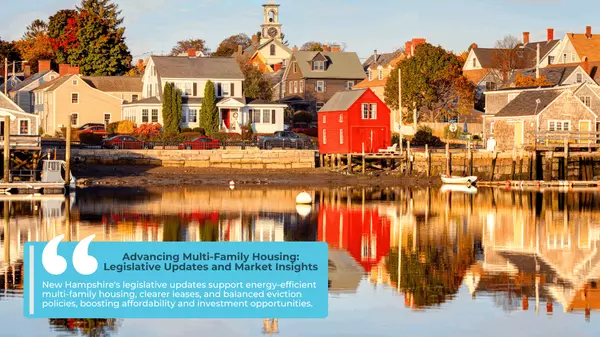
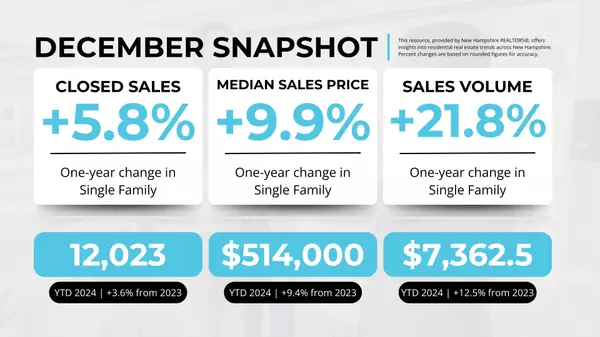
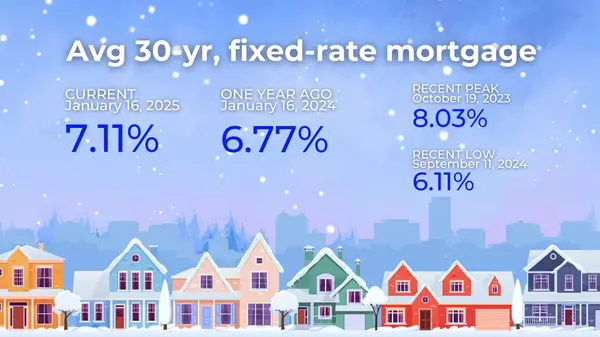
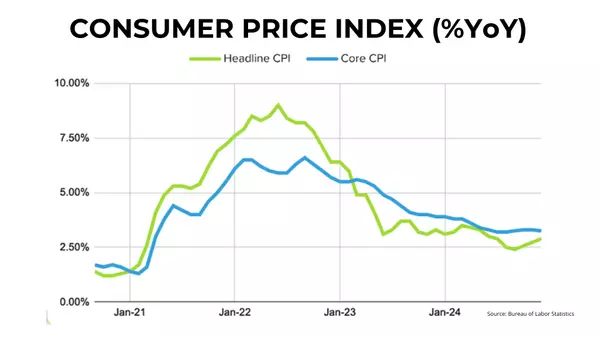
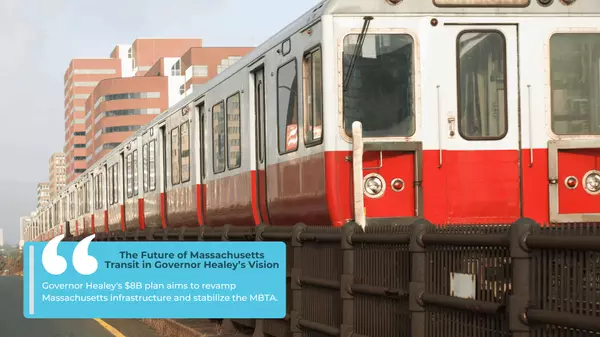
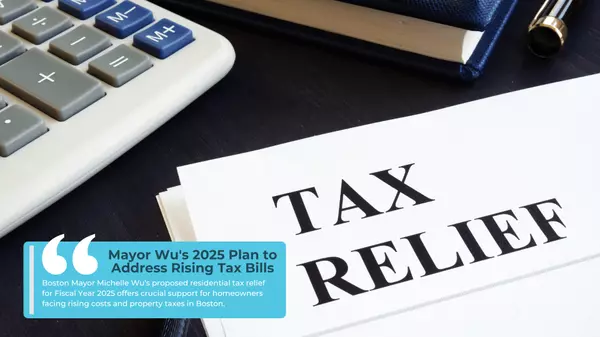
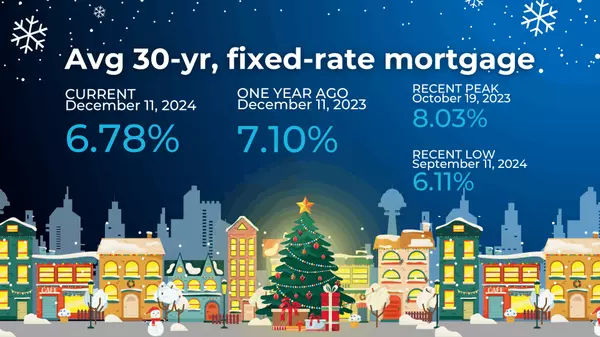
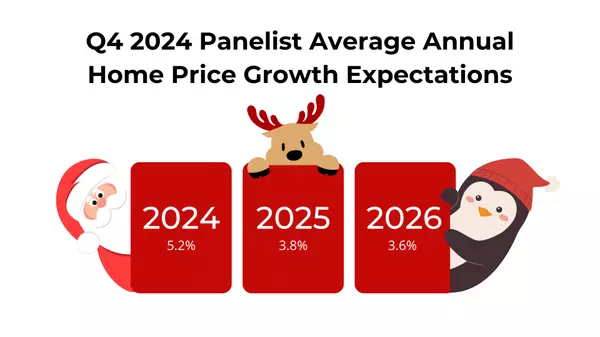
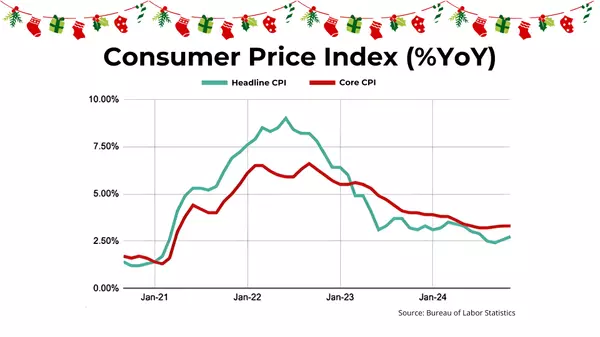

GET MORE INFORMATION

